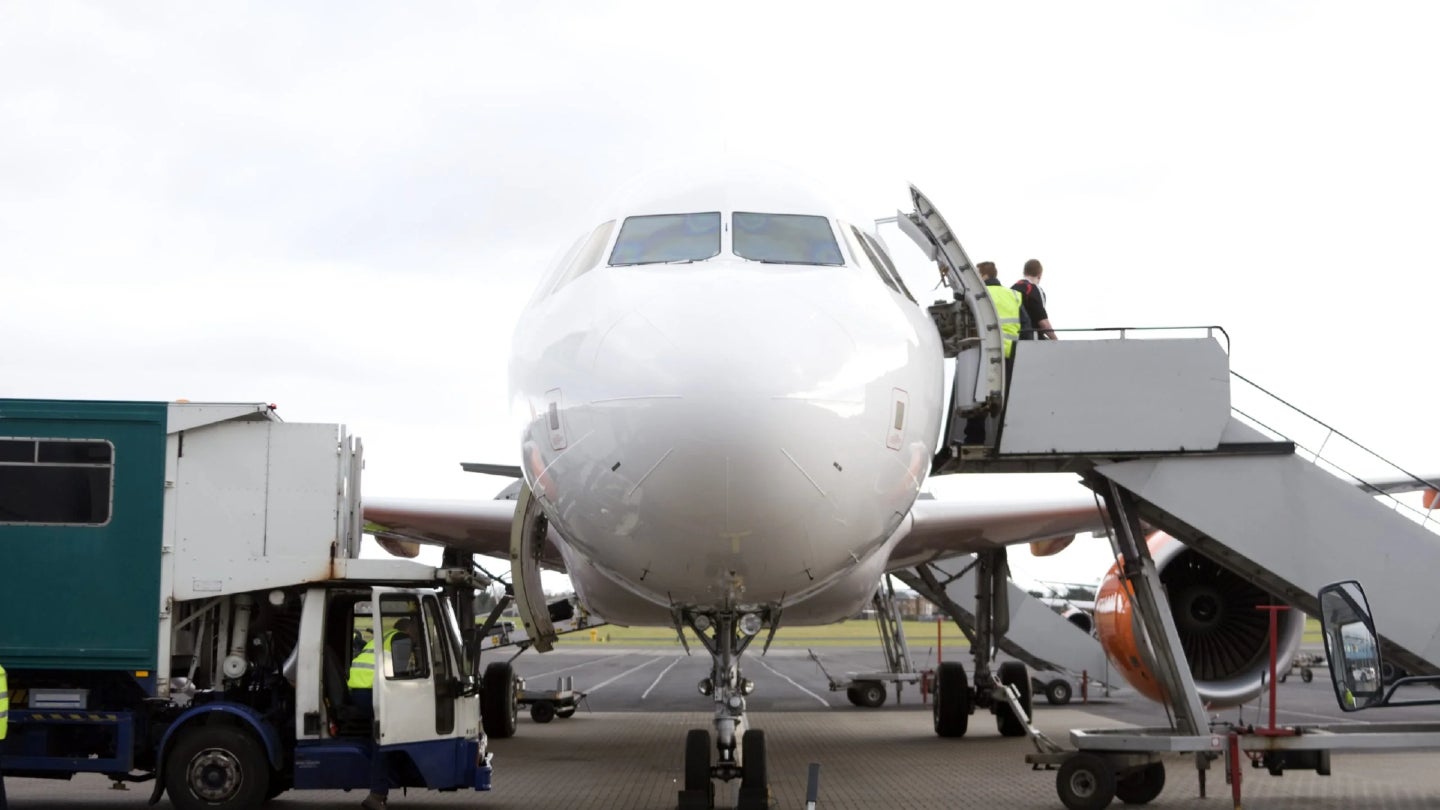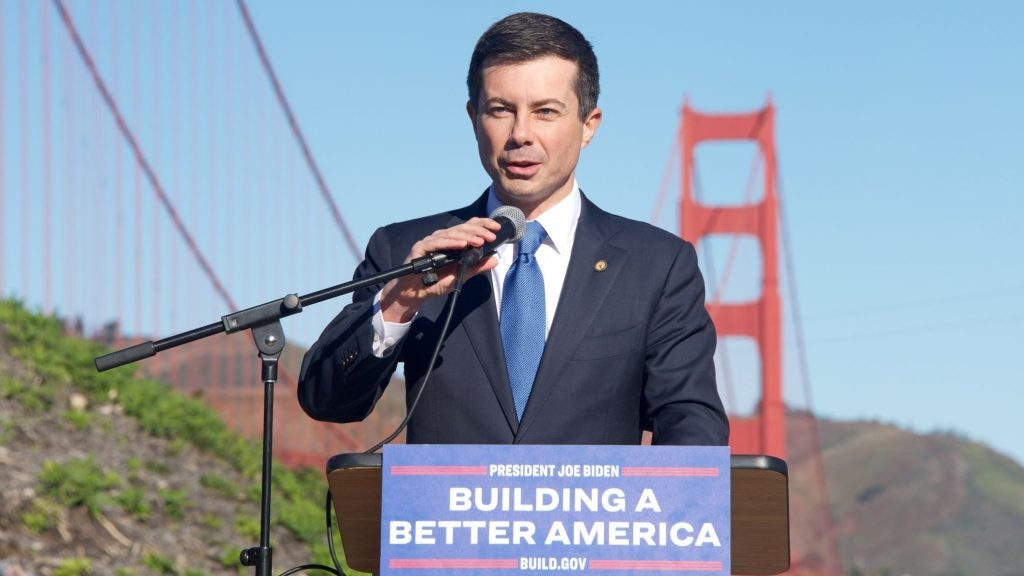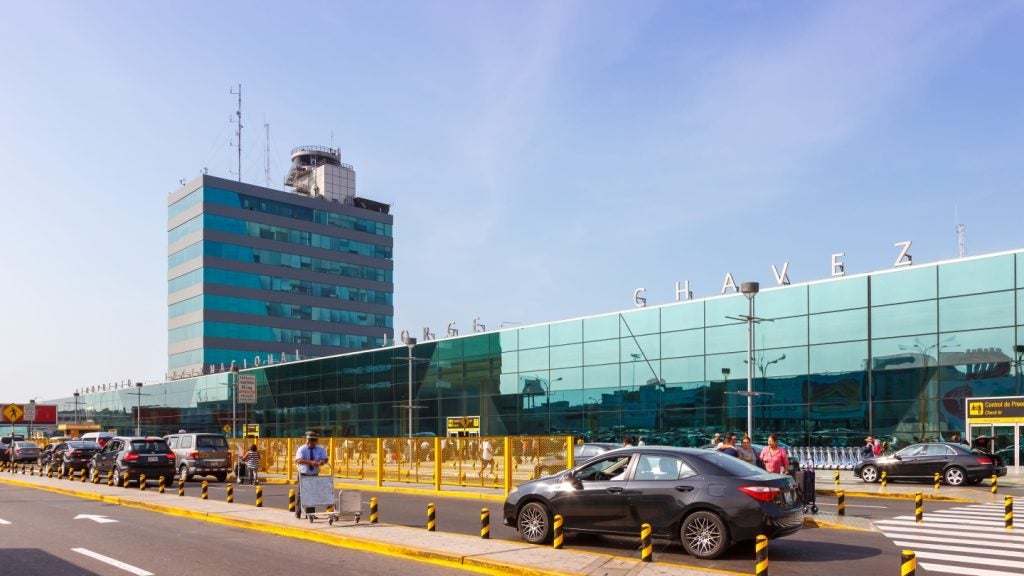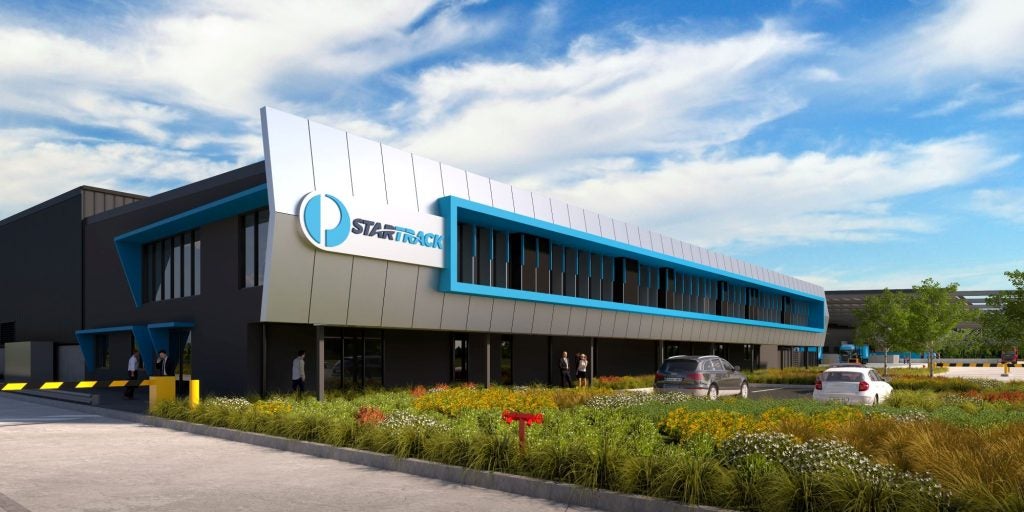
Nicolas Notebaert, CEO of Vinci Concessions and President of Vinci Airports, has said his company will invest £100m ($121m) in Belfast International Airport.
Spread across five years, the investment plan will increase the airport’s operational efficiency and improve passenger experience and environmental performance.
Phase one of the programme involves the construction of a new security building right next to the airport’s terminal. Around £25m will go into Standard 3 Xray screening equipment, meaning passengers will no longer need to remove liquids or electronics from their luggage.
In addition, Vinci has said it would revamp the airport’s existing facilities, add more departure gates and build extra seating.
“Vinci Airports’ investment will support Belfast International Airport’s positive dynamic by strongly improving the passenger experience,” Notebaert commented. “The airport plays a pivotal role for aviation, tourism and the wider local economy. As a long-term partner, Vinci Airports is committed to sustainably develop the airport and increase its environmental performance.”
See Also:
Vinci Airports is a subsidiary of Vinci Group, a French concessions and construction company founded in 1899.
How well do you really know your competitors?
Access the most comprehensive Company Profiles on the market, powered by GlobalData. Save hours of research. Gain competitive edge.

Thank you!
Your download email will arrive shortly
Not ready to buy yet? Download a free sample
We are confident about the unique quality of our Company Profiles. However, we want you to make the most beneficial decision for your business, so we offer a free sample that you can download by submitting the below form
By GlobalDataNews about the investment at Belfast International Airport came after Vinci Group launched in September plans to build a 180,000m² LNG tank in Rotterdam, Netherlands. Vinci has said the investment will expand storage capacity and regasification of the GATE (Gas Access to Europe) port terminal.
Northern Ireland has long struggled to attract foreign direct investment (FDI) projects in the region. In 2021, it attracted 38 greenfield FDI projects, a 31% increase from the previous year and ahead of only Wales (32).
The region’s top FDI sectors are software and IT services, business and professional services, communications, and media, which have all experienced growth in 2021 and have since exceeded pre-pandemic levels of investment.







